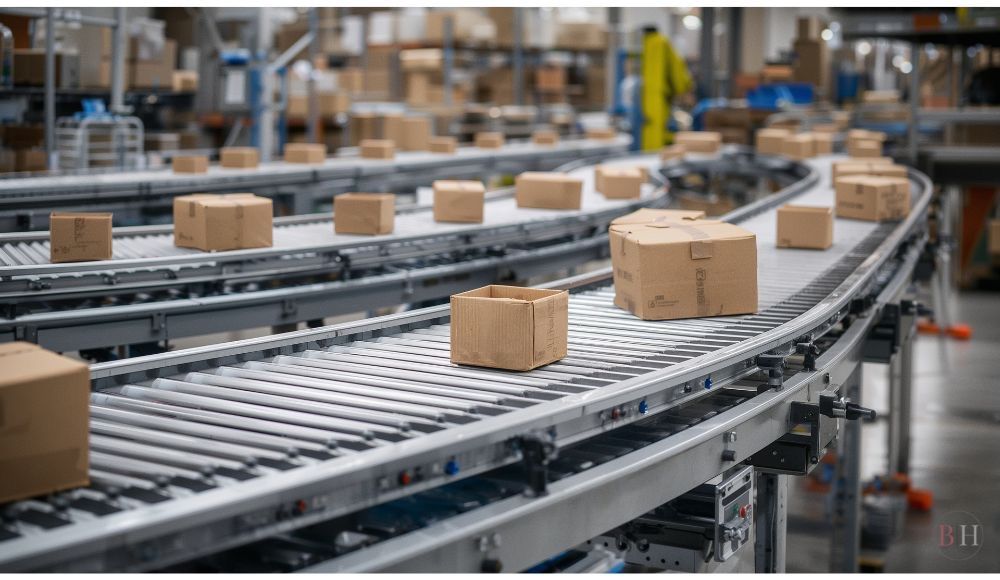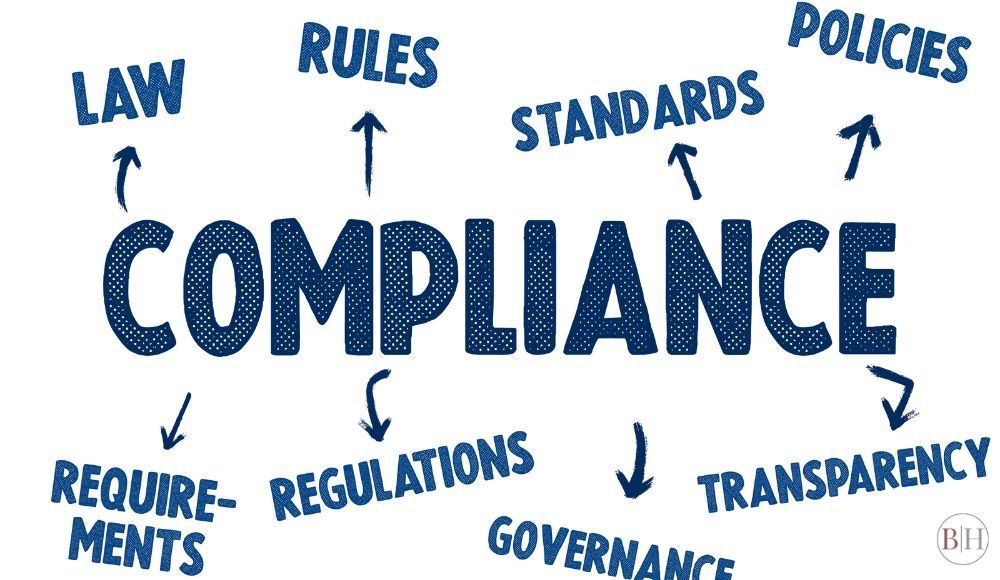Creating a Will: Essential Steps

Are you still taking risks with the future of your loved ones by putting off the need to create a last will and testament? If so, now is the time to retain an estate planning attorney to put your financial affairs in order.
Whether you are already in retirement or putting preparations in place as a young adult, it serves the best interests of your beneficiaries while simultaneously giving you the peace of mind that you deserve. A dedicated estate planning lawyer can guide you through the process, but understanding what to expect is highly advised. Here are the key steps you can consider.
Defining Asset Distribution
Theoretically, estate planning sounds easy. You state who you want to receive each asset, and the funds or items are transferred to them (minus certain costs such as taxes and fees) after your death. In reality, it is a far more complex issue, which is why using an estate planning lawyer is advised. Moreover, it highlights the need to define your asset distribution wishes.
When writing your will, it is important to acknowledge the impact of certain relationships. Almost five million people in Pennsylvania are married while thousands are joint business owners. In either case, you should know that, generally, only certain assets will be distributed as per your will, such as:
● Assets you own wholly and individually,
● Assets where your estate is the beneficiary,
● Your share of assets held with others.
Some assets, often referred to as non-probate assets, such as life insurance death benefits or retirement accounts, can be distributed directly to beneficiaries upon your death. An estate planning attorney can tell you more about these.
Choosing Beneficiaries
Choosing beneficiaries is an essential step for several reasons. It ensures that assets are distributed per your wishes rather than intestacy laws. Also, depending on the asset in question, if proper planning occurs, it sometimes helps to prevent the need for costly and time-consuming probate procedures.
Minors may be named as beneficiaries, although most people leave the funds in accounts or trusts that cannot be reached until the child reaches a certain age. These accounts often permit the distribution of funds for health and education.
It should be noted that in Pennsylvania, inheritance tax varies depending on the beneficiary receiving a distribution. For example, the inheritance tax for direct beneficiaries such as parent/child is 4.5% but for non-relatives like a personal friend, the tax is 15%. You should take this into account during the estate planning process.
Satisfying Legal Requirements for Validity
A will is a very important document that should satisfy all legal requirements. Working with an estate planning lawyer is essential.
At Bingaman Hess, our team of seasoned legal professionals brings a wealth of talent and experience to every matter, ensuring that you receive the highest level of representation and personalized attention.
To learn more about estate planning and drafting your will, contact Bingaman Hess today to schedule a consultation with one of our experienced estate planning attorneys.









